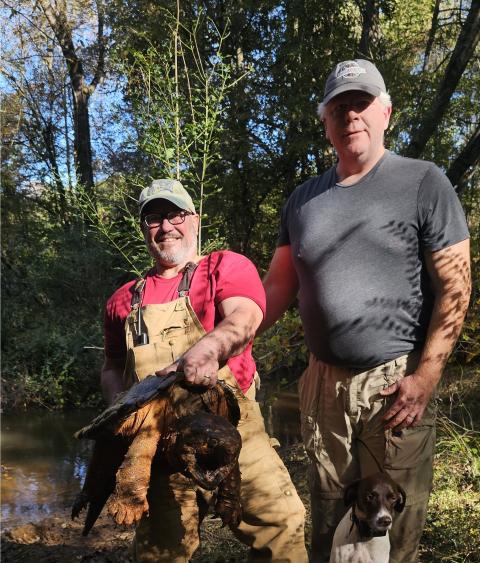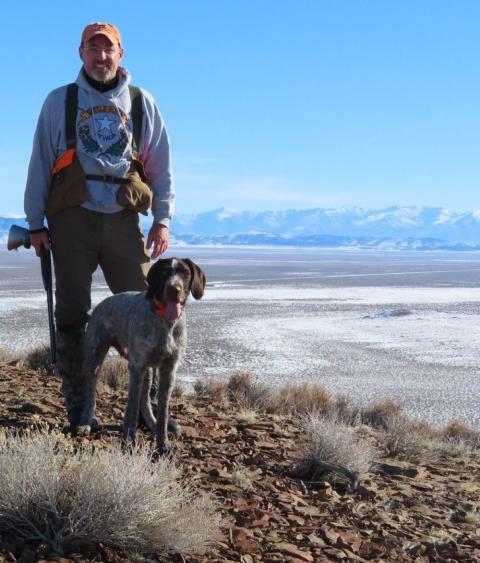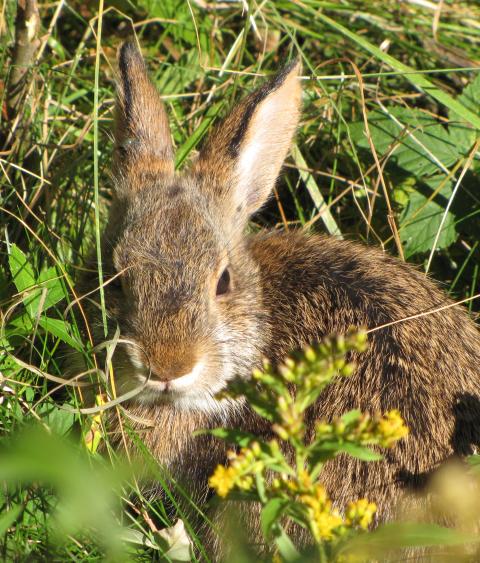Conservation Brief
NFWF Announces $4 Million in Big Game Migration Corridor Grants
The National Fish and Wildlife Foundation (NFWF) announced on June 1 that it had approved $4 million in conservation grants for habitat projects in big game migration corridors and winter ranges. The grants were awarded through the Improving Habitat Quality in Western Big Game and Migration Corridors Program (Western Big Game Migration Program), a public-private partnership between NFWF and the U.S. Department of the Interior, with funding provided by the U.S. Fish and Wildlife Service, the Bureau of Land Management, the U.S. Forest Service, the USDA’s Natural Resources Conservation Service, ConocoPhillips, BNSF Railways, and Microsoft.
The 16 approved habitat projects support conservation efforts through DOI Secretarial Order 3362 and are matched with an additional $21.6 million from the partners. The full list of approved projects in the 2021 grant slate can be found on the NFWF website.
“The continued funding affirms a broad commitment to Wyoming’s existing policies to conserve migration corridors,” said Brian Nesvik, director of the Wyoming Game and Fish Department. “Through our partnership with NFWF over the last several years, the department has been able to work with private landowners and federal land management agencies to put important conservation practices on the ground including fence modifications, invasive species management and other vegetation treatments in habitats used by migratory mule deer and antelope.”
This is the third round of grants funded through the partnership. The projects collectively will:
- Protect 59,000 acres of private land from fragmentation through conservation easements;
- Restore 13,000 acres of public and private land through efforts such as invasive weed and conifer removal treatments;
- Improve management on 108,000 acres of private and public working lands through efforts such as grazing and wildlife management plans;
- Remove or improve 171 miles of fencing to wildlife-friendly specifications, reducing direct mortality and increasing landscape connectivity;
- Reconnect 132 miles of migration corridors for big game species;
- Reduce wildlife-vehicle collisions on US Highway 28 (ID) from 420 to 42 individuals annually.



